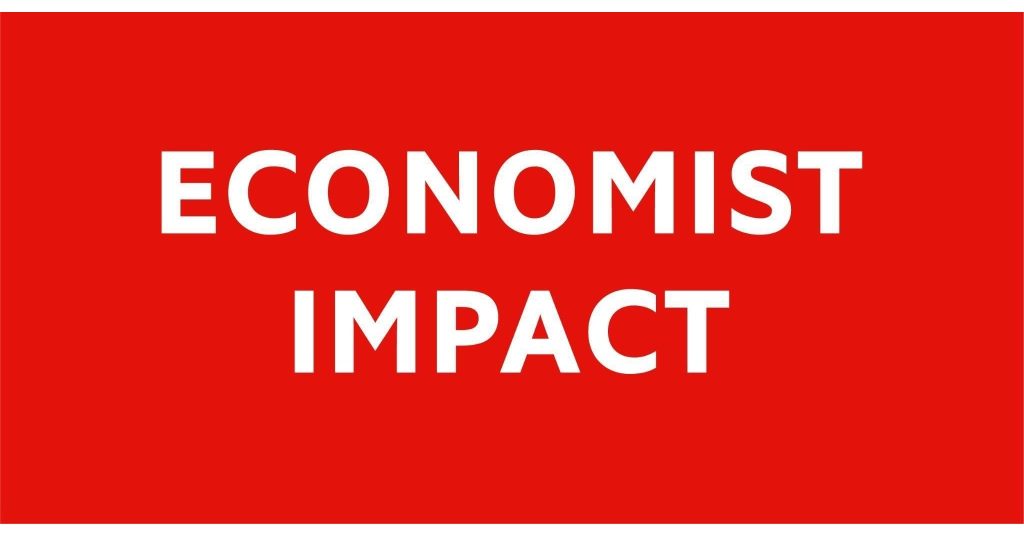Featured Publications
Our Work-from-Anywhere Future
The pandemic has hastened a rise in remote working for knowledge-based organizations. This has notable benefits: Companies can save on real estate costs, hire and utilize talent globally, mitigate immigration issues, and experience productivity gains, while workers can enjoy geographic flexibility. At the same time, concerns include how to communicate across time zones, share knowledge that isn’t yet codified, socialize virtually and prevent professional isolation, protect client data, and avoid slacking. Research into work-from-anywhere (WFA) organizations and groups that include the United States Patent and Trademark Office, Tata Consultancy Services, and GitLab (the world’s largest all-remote company) highlights best practices and can help leaders decide whether remote work is right for their organizations.
Will Work-from-Home Work Forever?
The pandemic may be winding down, but that doesn’t mean we’ll return to full-time commuting and packed office buildings. The greatest accidental experiment in the history of labor has lessons to teach us about productivity, flexibility, and even reversing the brain drain. But don’t buy another dozen pairs of sweatpants just yet.
Is It Time to Let Employees Work from Anywhere?
While working from home (WFH) has become relatively commonplace, a new form of remote work is emerging: working from anywhere (WFA), in which employees can live and work where they choose. Managers often worry about remote employees working less, or multitasking, mixing personal responsibilities with work. There are also concerns that allowing employees to work from anywhere could decrease communication and collaboration among coworkers. A new study looked at the effects of a work-from-anywhere program initiated in 2012 among patent examiners at the U.S. Patent & Trade Office (USPTO). Researchers analyzed productivity data for patent examiners who switched from work-from-home work conditions to the WFA program. Their results indicate that examiners’ work output increased by 4.4% after transition to WFA, with no significant increase in rework.
Economist Impact: Expert Q&A
Hybrid work refers to a spectrum of flexible work arrangements in which an employee’s work location and/or hours are not strictly standardised.
Conventional wisdom suggests that hybrid work pertains only to location—if an individual is working in-person at the office, factory or some other place. This emphasis on location is evident in recent reports published by the International Labor Organisation and the World Economic Forum.
Dr Choudhury’s research focuses on the future of work, especially its changing geography. In particular, he studies the impacts of geographic mobility for workers, with an emphasis on remote work practices such as “work from anywhere” and “all-remote”.
Distributed
Episode 22: Raj Choudhury Sees a Future Where You Don’t Have to Move Your Family for a Job
The Distributed Podcast is an in-depth conversation about the future of work — with the companies and leaders driving it. Hosted by Co-Founder of WordPress and CEO of Automattic Matt Mullenweg. Episode 22 features Prithwiraj (Raj) Choudhury, the Lumry Family Associate Professor at Harvard Business School. He studies the future of work — specifically the changing geography of work.
The ‘Work from Anywhere’ Movement – Prithwiraj (Raj) Choudhury
June 28, 2021, Video: “2020 saw the huge majority of the world’s knowledge workers go full-remote. And even if many are back in the office now (in some capacity), remote work is here to stay. In the same vein as remote work, but taking a slightly different angle on it, is the ‘Work from Anywhere’ movement. It’s a topic our guest has been studying for many years. Prithwiraj (Raj) Choudhury, Associate Professor at Harvard Business School, was studying the growing Work from Anywhere movement long before the Covid-19 pandemic forced many more of us into virtual work. In fact, he’s the world’s leading academic voice on this subject, and an evangelist for the possibilities it opens for employees and organizations.”
Harvard And Stanford Professors Predict The Future Of Work
Prithwiraj “Raj” Choudhury is the Lumry Family associate professor at Harvard Business School and an advisor to top companies, such as Google, Walmart, and Deloitte, on the future of work. His study of the U.S. Patent and Trademark Office employees—who were allowed to work from anywhere— showed that the workforce spread across the country. Older employees relocated to warmer climates in Florida for semi-retirement. Younger couples and families moved to less expensive places to have a better life and affordable child care.








